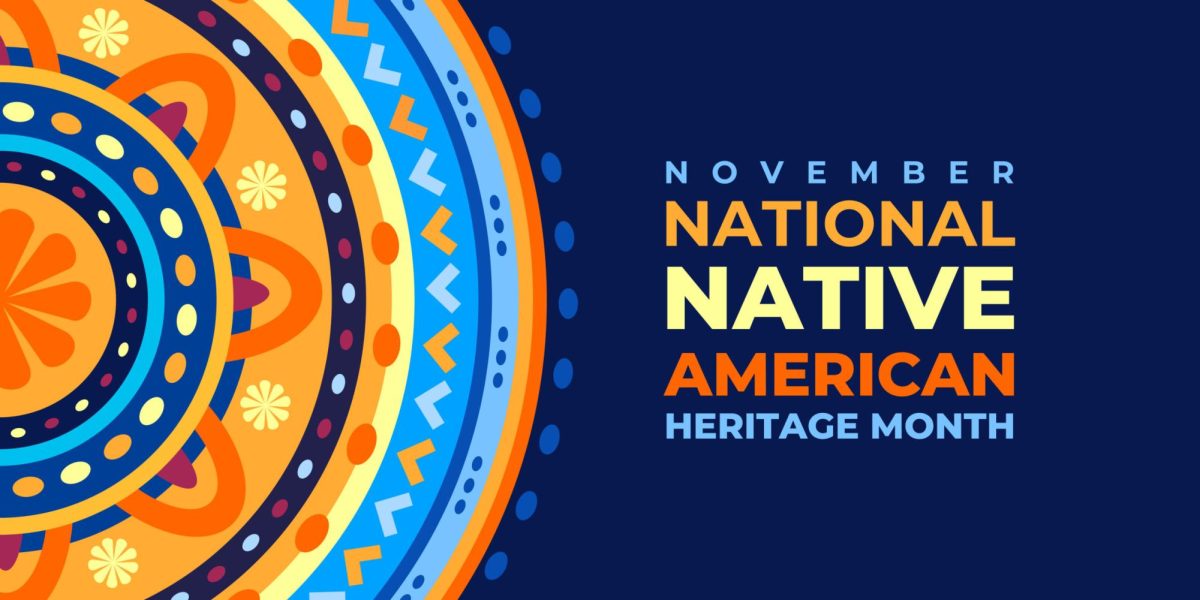What does it mean to be a friend and when are two people more? At what point does it become a relationship? And how do you go about making it more or keeping it where it is? These were some of the questions brought up on Wednesday night as students assembled to debate all of the things friends are and aren’t.
Students piled in at the Moulton Lounge to make themselves sundaes to cool themselves down as the debate over these questions got fired up before the event even started. A set of rules was laid down; raise your hand and don’t mention names. Like that, Friend Zone began.
A person in the audience said what the rest of the crowd was thinking; that the night would be nothing more than a battle of the sexes. As the event wore on, members of the Black Student Union tried to keep it civil in a room filled with men and women ready to speak up or forever hold their peace. However, the sexes weren’t really battling. Lines were being drawn but gender had nothing to do with it.
The conversation grew from simple answers to things most of the audience could agree on, such as what a friendship is or even the problem with putting a title to a relationship. Then it grew as people shouted out different answers to questions. The crowd was a mixture of laughs and scrutiny, agreement and opposition. People were sharing stories that people could relate to and asked questions that the crowd wanted to know the answers to. Everyone shared what he or she wanted in a relationship as well as in a friendship. They vocalized their opinions on gender differences, and despite the contrary belief, the men were able to take sides with the women at some points, and the women were able to back up the men at other points.
Some of the questions that were asked during the student discussion included, “What are the lines crossed that make someone think they are more than friends?” The response from the audience was, “When they keep calling you, you’re not responding, and they keep texting you and they’re not taking the hint.” Another student in the audience answered, “When you go somewhere with somebody and they bring you back. Usually, at UNH, when you go somewhere with somebody, you find other people for the way back.”
“Is it worth it to risk a friendship on a relationship that might not work?” A female student replied saying that usually she gets in relationships with people she can be friends with; “If I can’t talk to you, why would I want to sleep with you? You need to be able to communicate with them on a more mature level if it is going to become a relationship.”
Another student brought the question, “Do you get upset when you’re not the only friend?” to the table. “If you’re just a friend, stay in your lane,” was the audience’s response. Whether or not that was the answer they wanted to hear, “Friendship is not a relationship.”
People were up on their feet, laughing and clapping, there was no way to keep them silent, no matter how hard the BSU members at the event attempted it. They had found people who could really understand and relate with them on what it was that they’ve been feeling. The discussion even remained positive when different people disagreed with each other; it was just a good debate and not a grudge to hold on to.
So what is it that had them excited enough to jump to their feet in the midst of people they didn’t know, commenting on things that they knew would start arguments, and high fiving each other about little truths. Well, it became real. People felt like they were actually getting answers; like they were getting some perspective from both females and males. The audience was accepting of the truth, and they were saying “finally,” in relief, even for results they didn’t want. They left still talking and, most importantly, still friends.
Although the debate was fun, what everyone enjoyed the most was what they learned. How is it that you approach all of the situations mentioned above? Well, like they all pointed out there are a variety of ways.
Sometimes it may seem like it varies based on gender but really it depends on who you are and your relationship. Some good advice was, “don’t try to alter your relationship to fit a typical role,” and “try to be as honest as possible about what you want.” All of this forms together two key things; having honesty and respect for each other. So if you’re in the friend zone and don’t want to be, be honest and respect what the other person wants. If you want a different approach, well next time there’s a Friend Zone event, you may learn another way.












